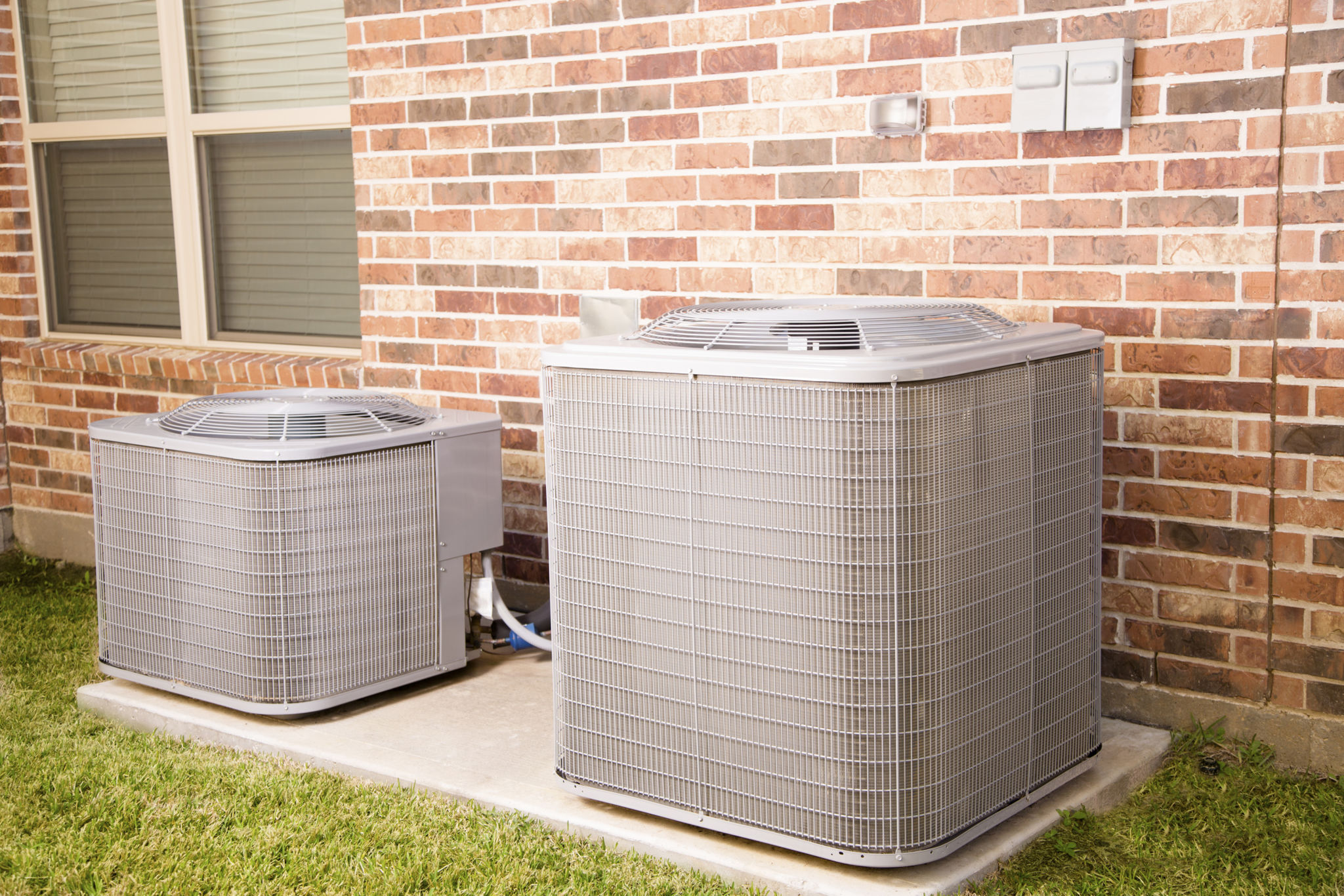How to Navigate Local HVAC Regulations: A Homeowner’s Guide
Understanding Local HVAC Regulations
As a homeowner, ensuring your HVAC system complies with local regulations is crucial for both safety and efficiency. Local HVAC regulations can vary significantly depending on your location, making it essential to familiarize yourself with the specific requirements in your area. This guide will help you navigate these rules and ensure your HVAC system is up to standard.

Researching Local Codes
The first step in navigating local HVAC regulations is conducting thorough research. Begin by visiting your city or county's official website, where you can find up-to-date information on building codes and permits related to HVAC systems. Many municipalities also provide resources and contact information for further assistance.
In addition to online resources, consider reaching out to your local building department. They can provide valuable insights into specific requirements and any recent changes to the regulations. Staying informed about these updates is critical for maintaining compliance.
Obtaining Necessary Permits
Before installing or modifying your HVAC system, it's important to determine whether a permit is required. In many areas, any significant work on an HVAC system—such as installation or major repairs—requires a permit. Failing to obtain the necessary permits can result in fines or mandated removal of the system.
To acquire a permit, you'll typically need to submit an application along with detailed plans of the proposed work. Be sure to provide accurate information to avoid delays in the approval process. Once approved, keep the permit on-site as inspectors may need to verify compliance during the project's progress.

Working with Licensed Contractors
Hiring a licensed HVAC contractor can significantly simplify the process of adhering to local regulations. Licensed professionals are well-versed in current codes and can ensure that all installations and repairs meet local standards. When selecting a contractor, verify their licensing status and inquire about their experience with similar projects.
Working with a reputable contractor also provides an added layer of protection. Many contractors offer warranties or guarantees for their work, giving you peace of mind that your HVAC system will function correctly and comply with all necessary regulations.
Understanding Energy Efficiency Standards
Many localities have implemented energy efficiency standards for HVAC systems to promote environmental responsibility and reduce energy consumption. These standards often dictate the minimum Seasonal Energy Efficiency Ratio (SEER) ratings or other efficiency metrics that new systems must meet.
When upgrading or installing a new system, ensure it complies with these efficiency standards. Not only does this help you stay compliant, but it can also lead to significant savings on your energy bills over time. Consider consulting with an energy auditor or your contractor for advice on selecting the most efficient system for your home.

Scheduling Inspections
After installation or significant modifications, many areas require an inspection to verify compliance with local codes and standards. These inspections are typically conducted by a local building inspector who will examine various aspects of your HVAC system, including installation quality and safety features.
To prepare for an inspection, ensure that all work areas are accessible and that documentation, such as permits and manufacturer instructions, is readily available. Addressing any potential issues before the inspection can save time and prevent costly corrections later.
Staying Updated on Changes
Local HVAC regulations can change over time, making it important to stay informed about any new developments. Subscribing to newsletters from local building departments or joining community forums can be effective ways to receive updates.
Regular communication with your HVAC contractor can also ensure you are aware of any industry changes that might affect your system’s compliance. By staying proactive, you can avoid unexpected costs and maintain the safety and efficiency of your home’s HVAC system.

